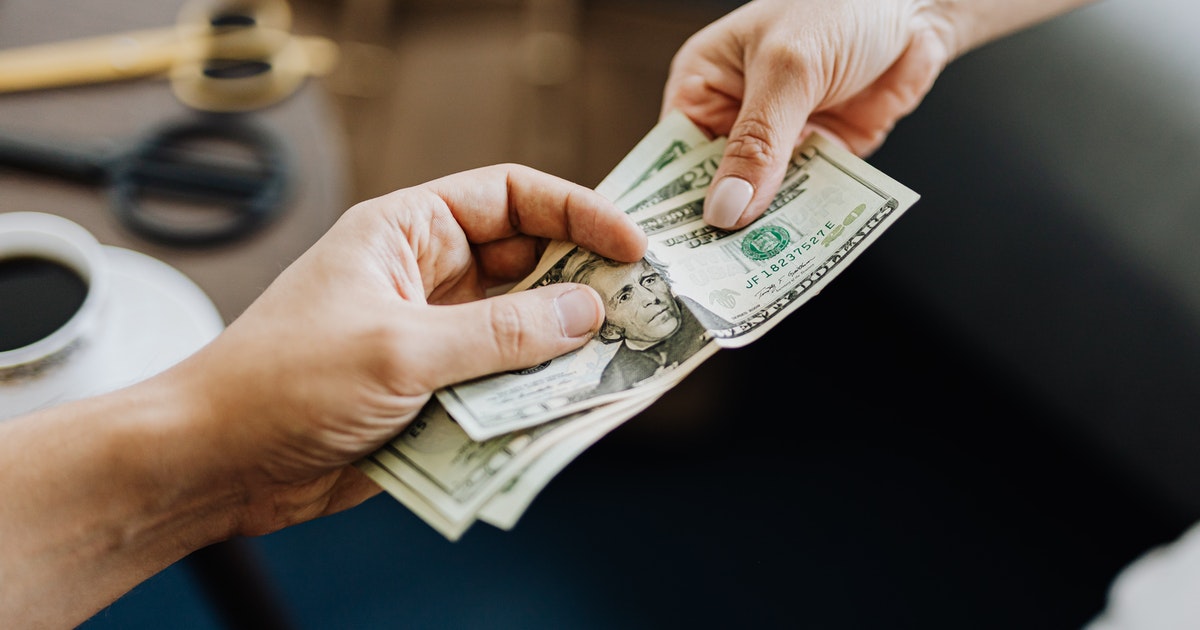Direct government loans vs. guaranteed government loans
Government loans might be either direct or guaranteed. A direct loan is a loan obtained directly from a government entity. All loan payments will be made to pay back the government.
You borrow money from a private government-approved lender with a guaranteed loan.
If you do not repay the loan, the government guarantees the lender that it will cover a specific amount of losses. This guarantee reduces the lender’s risk, allowing it to give credit to borrowers who might not qualify for a loan from a private lender.
Government vs. private loans
Private loans are distinct from government loan programs since they are made by a private lender such as a bank or credit union.
Specific borrowers may find it more challenging to obtain loans from private lenders.
A private mortgage lender, for example, may require good credit and a significant down payment.
However, you may be able to qualify for an FHA mortgage with a lower down payment and more flexible credit requirements.
Government Loan Advantages
Several possible benefits can make it an appealing borrowing option if you qualify for a government loan.
Subsidized loans
Some government loans are subsidized, meaning that the government agency will cover the loan’s interest for a set time. This form of the loan includes direct subsidized education loans.
Loan availability
People who may not be able to qualify for loans from private lenders for various reasons benefit from both direct and guaranteed government loans.
For example, an FHA mortgage loan allows buyers to pay as little as 3.5 percent down and qualify with lower credit ratings than a conventional loan would require.
The USDA, or United States Department of Agriculture, also offers house loans with no needed down payment to some low- and very-low-income candidates residing in rural regions.
